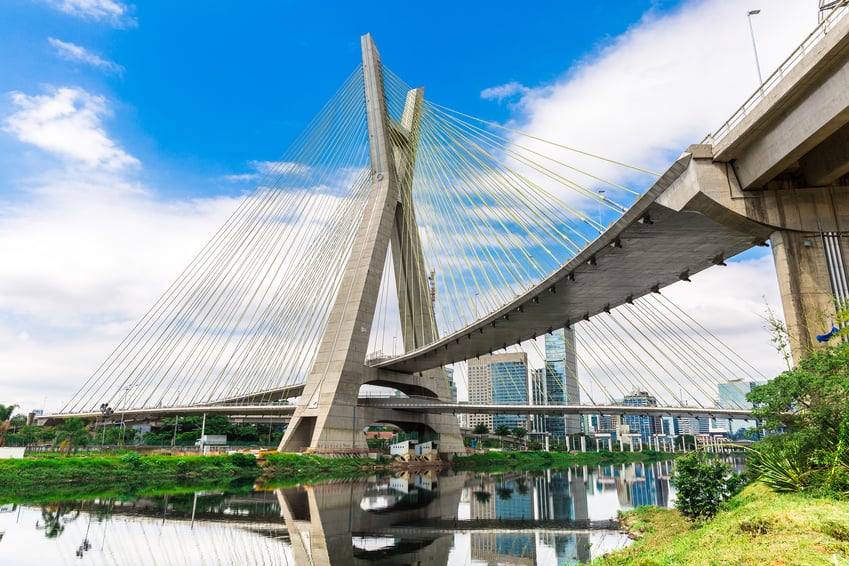In brief
The Brazilian Federal Revenue (‘RFB’) issued COSIT Ruling No. 45/20 to authorize PIS/COFINS credits over expenses incurred with employees’ transportation and meal. Although the Ruling was filed by an association of companies that act in cleaning, servicing, and maintenance, the RFB adopted some assumptions that, in our view, could be applied to companies of other sectors.
In a nutshell, the Ruling indicates that Art. 3, item X of Law 10833, only allows the record of PIS/COFINS credits to the cleaning, servicing, and maintenance companies on the expenses effectively incurred with the acquisition of transportation and meal tickets/vouchers.
However, the RFB understood that the expenses incurred with the hiring of third parties to provide the transportation from home to work of employees that work on the manufacturing of goods or provision of services is deemed as an input, and entails the record of PIS/COFINS credits. The RFB position is grounded on the fact that the employer is legally obliged to provide transportation to the employees from home to work and vice-versa, either utilizing a voucher or by its own means or third-parties vehicles. Hence, as a legal obligation, the hiring of third parties to provide the transportation would qualify as input.
On the other hand, the RFB understood that the expenses incurred with the transportation provided by the employer itself (i.e., with its own vehicles), such as fuel and lubricants, would not qualify as inputs, as they are not “goods or services utilized in the manufacturing of goods or provision of services.”
Regarding the employees’ meal offered by other means rather than by meal-vouchers (e.g., restaurants), the RFB mentioned that such expenses are not inputs as they do not derive from a legal obligation, but rather from a decision of the employer.
In our view, COSIT Ruling 45/20 represents a development of the RFB understanding as it allowed (although indirectly) that expenses incurred with transportation of employees qualify as inputs, regardless of the company’s activities. However, the denial of the credit regarding the transportation of employees with the company’s vehicles does not seem to be consistent with the RFB rationale. It may indeed be challenged at the administrative and judicial courts.
************
In cooperation with Trench Rossi Watanabe, a Brazilian law firm.



